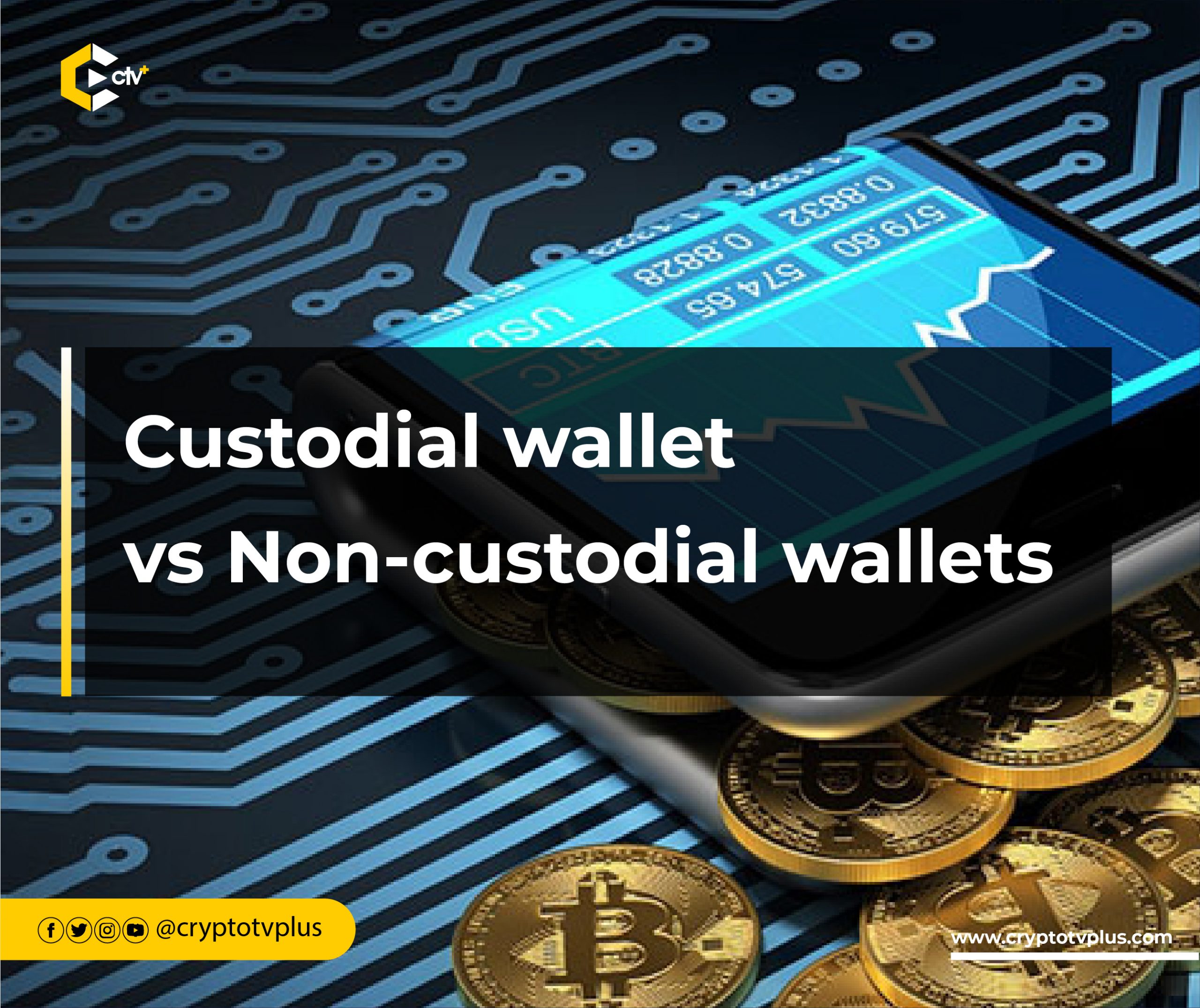Education
Custodial vs. Non-Custodial Wallets: which is the best option for crypto assets management?

In the world of cryptocurrency, there are two main types of wallets: custodial and non-custodial. While both serve the same purpose of allowing users to store and manage their digital assets, they differ significantly in terms of security, control, and convenience.
In this article, we will explore the pros and cons of each type of wallet and argue that, for the average user, a non-custodial wallet is the better choice for managing their crypto assets.
Custodial wallets
Custodial wallets are those that are managed by a third party, such as an exchange or a service provider. These wallets are convenient as they offer a simple, user-friendly interface that makes it easy for individuals to access their digital assets.
These third-party entities hold the user’s private keys. This means that the user does not have direct control over their assets and must trust the custodian to keep their funds safe and secure.
Examples of custodial wallets include Coinbase, Kraken, and Binance. These exchanges allow users to buy, sell, and store their digital assets, but the exchange holds private keys, which means that the user is dependent on the exchange’s security measures to protect their assets.
Non-custodial wallets
In contrast, non-custodial wallets give users complete control over their private keys, making them the most secure type of wallet. With non-custodial wallets, individuals are responsible for keeping their private keys safe, which can be done by storing them in a hardware wallet, writing them down on a piece of paper, or using other secure methods. As users are in control of their own private keys, they have full control over their digital assets, and can freely send, receive, and store them as they please.
Examples of non-custodial wallets include Ledger, Trezor, Martian, Robinhood and MetaMask. These wallets allow users to store their digital assets and private keys locally on their devices, giving them complete control over their assets and ensuring that they are protected even in the event of a hack.
Advantages and disadvantages of custodial wallets
The main advantage of using a custodial wallet is convenience. Since the custodian manages the user’s private keys, the user does not need to worry about securing their assets. This is especially useful for those who are not technically savvy and find it difficult to manage their own private keys. Additionally, custodial wallets are often integrated with exchanges, making it easier for users to buy, sell, and trade their digital assets.
However, the convenience offered by custodial wallets comes at a cost: security. Since the user does not have direct control over their assets, they are at the mercy of the custodian to keep their funds safe. In the event of a hack or a security breach, the user’s assets may be lost. Furthermore, custodial wallets are often subject to government regulation, which means that the user’s assets may be seized or frozen in certain circumstances.
Advantages and disadvantages of non-custodial wallets
On the other hand, non-custodial wallets offer greater security and control to the user. Since the user holds their own private keys, they have complete control over their assets and are not dependent on a third-party custodian. Furthermore, non-custodial wallets are not subject to government regulation, providing users with greater privacy and security.
However, non-custodial wallets require a higher level of technical expertise, as the user is responsible for securing their own private keys. This can be a drawback for those who are not technically savvy and may find it difficult to manage their own assets.
Conclusion
It’s essential to understand the trade-off between the ease of use and the security of your digital assets. For those who value security, a non-custodial wallet is the better option, while custodial wallets are ideal for those who are new to the world of cryptocurrency and are looking for an easy and convenient way to access their digital assets.
Ultimately, the choice between custodial and non-custodial wallets depends on the user’s needs and preferences, and they should weigh the pros and cons carefully before making a decision.

























Pingback: Custodial vs. Non-Custodial Wallets: which is the best option for crypto assets management? by Kyrian Alex – CryptoTvplus Events: NFT, DeFi, Bitcoin, Ethereum, Altcoin Events